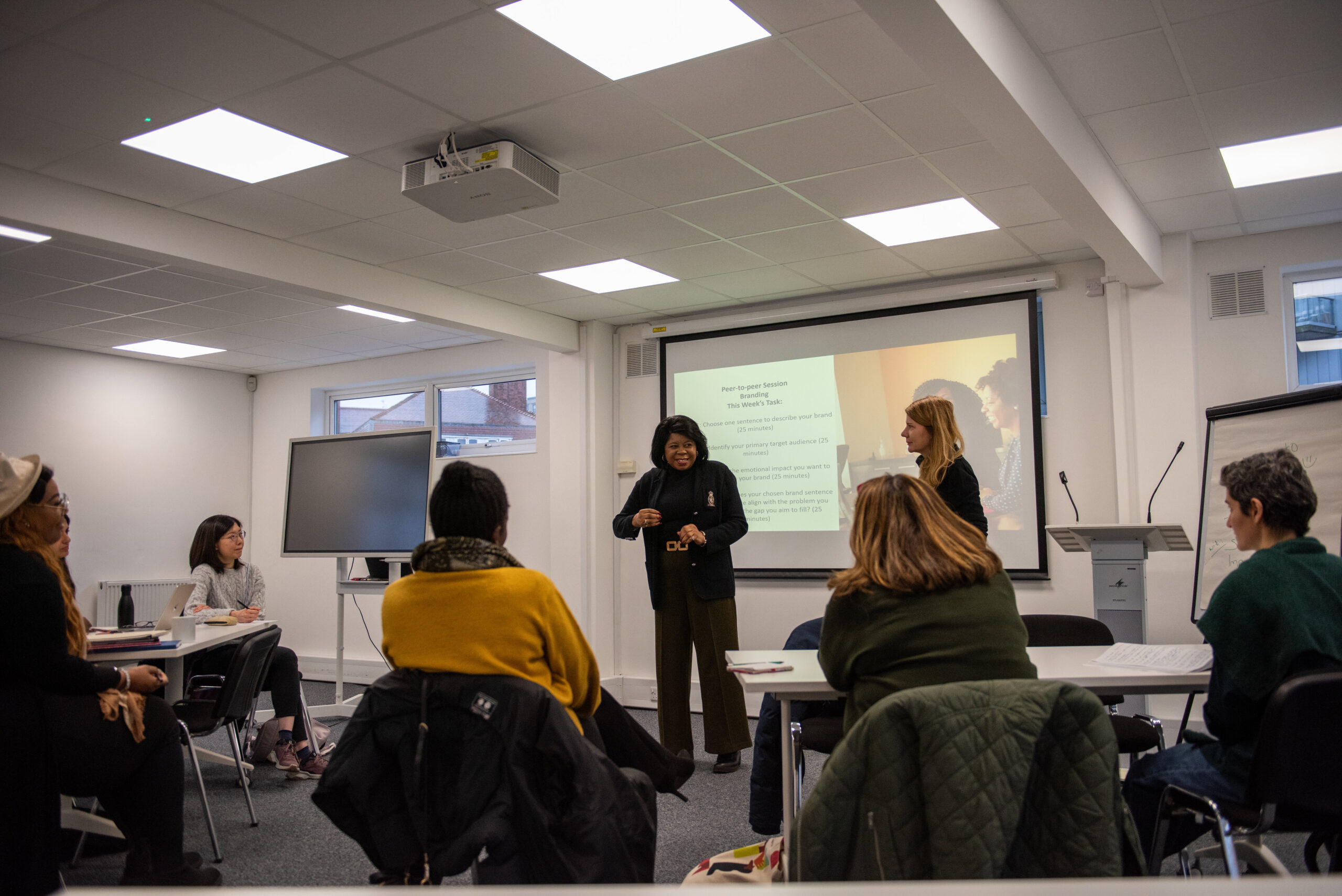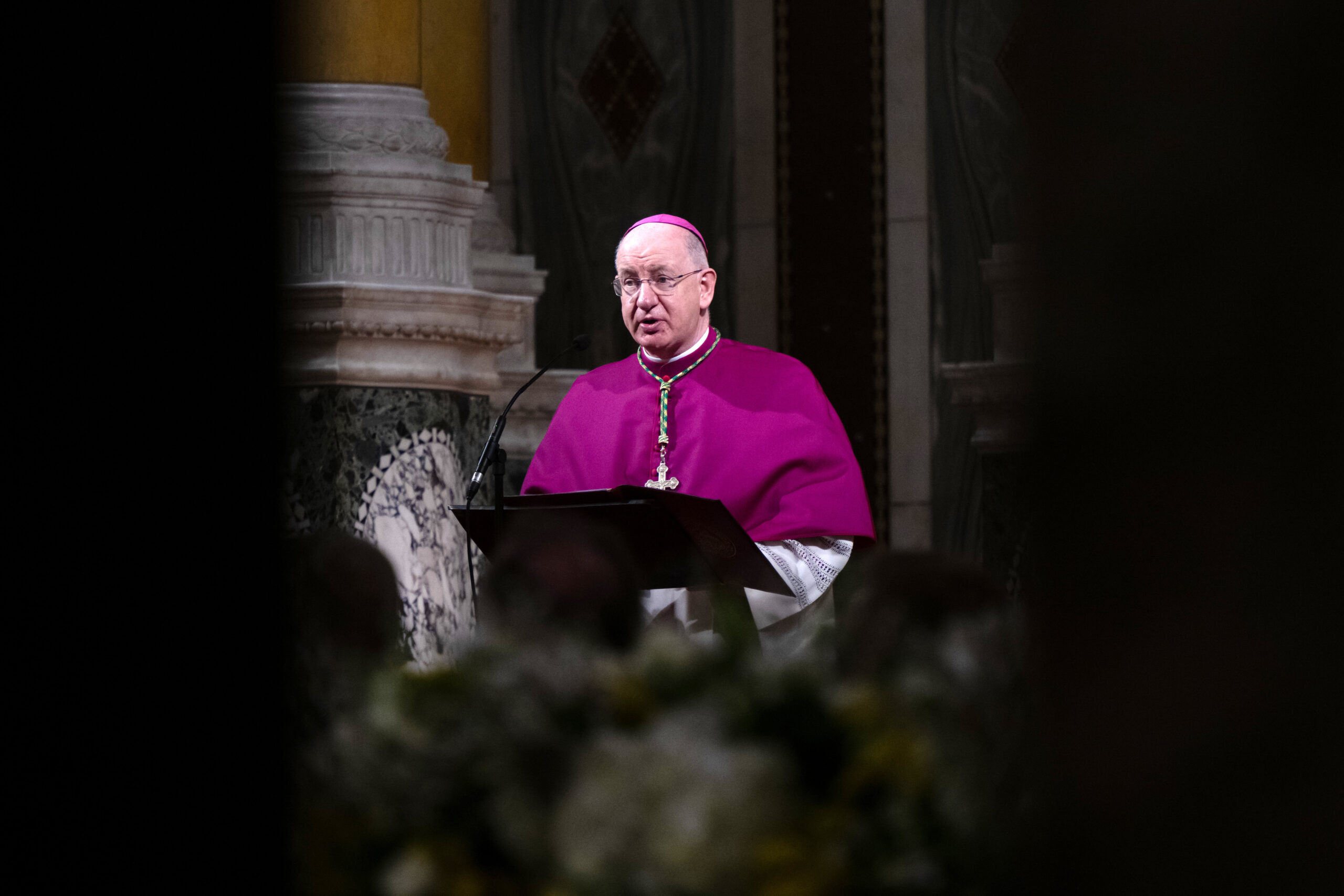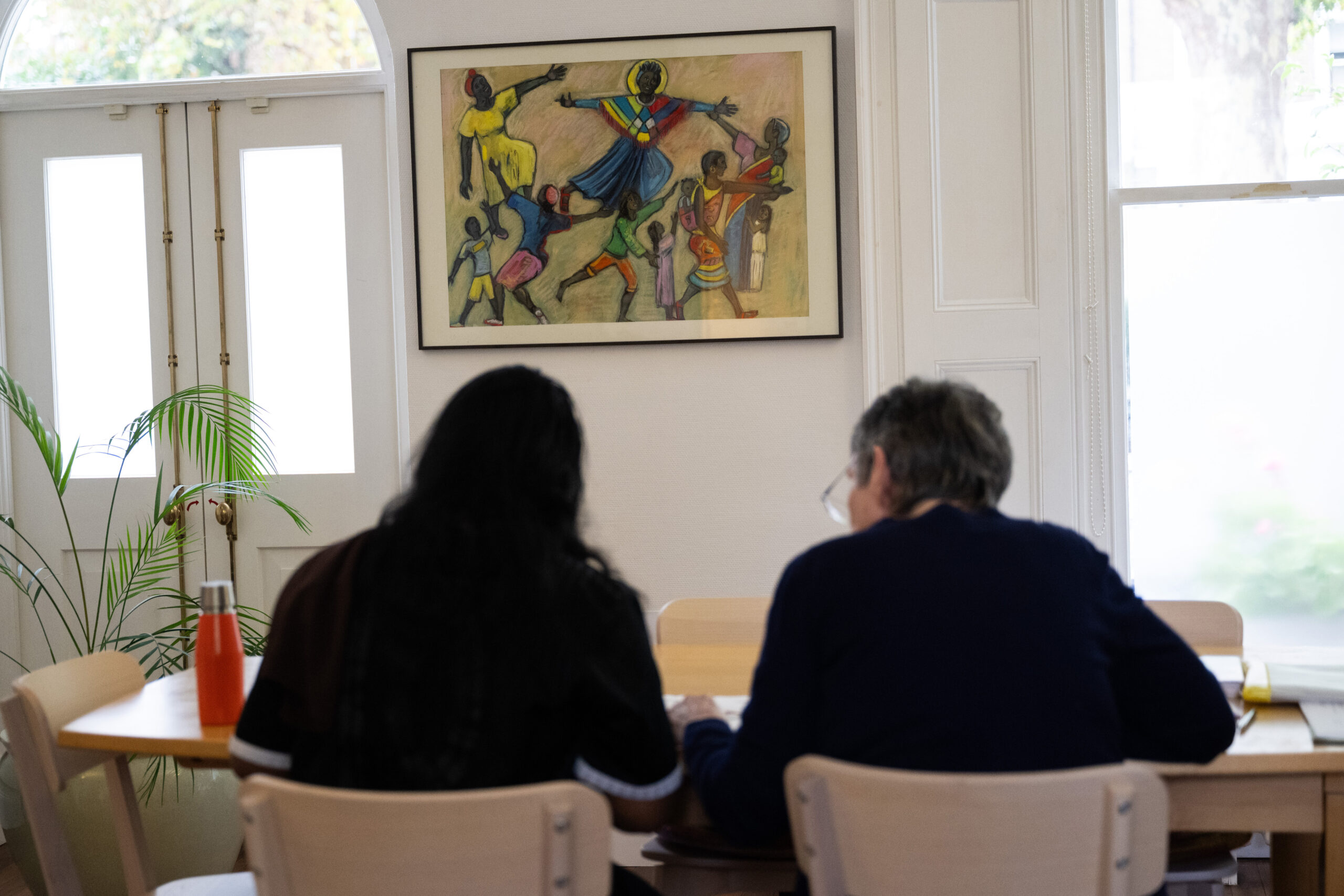What do you want the Church to look like in the future? As we take the time to review and understand the responses from the synodal listening exercise answering exactly this question, we want to look beyond our self-interests and at the teachings of Jesus:

“When you give a dinner or a banquet, do not invite your friends or your brothers or your relatives or rich neighbours, lest they also invite you in return and you be repaid. But when you give a feast, invite the poor, the crippled, the lame, the blind, and you will be blessed, because they cannot repay you. For you will be repaid at the resurrection of the just.” Luke 14:12-14
In my parish’s synodal journey, the following question was asked; ‘Who is invited to be part of ‘Church’?’ At first, the response was a resounding, ‘all people’. After a moment of silence, a person added ‘well, maybe not the really evil ones’. To that, another suggested, ‘all Christians’. Then, debate ended when a member reminded everyone of the scriptures, where each person is made in the likeness of God, and said, ‘all people even if they aren’t Christians… yet’.

Even just looking at the wider Catholic Community, when asked to define who was included in ‘All’, there were blank faces in my group. I started listing groups of people; The Deaf Community, those with disabilities, Young People, LGBT+, Housebound people, Divorcees, Families of Prisoners, Refugees, those experiencing homelessness or destitution… there was agreement that they should be included, but the defensive response was ‘yes, but what about the traditional Catholics too – we want the Latin Mass.’ In the difficulty to breakdown ‘All People’, I was reminded of the response of ‘All Lives Matter’, from those somewhat missing the point of ‘Black Lives Matter’
In the week that the Joseph Rowntree Foundation launched their 2022 report on the trends of poverty in the UK, we learnt that whilst some people have found themselves to be well supported and now have better prospects as a result of the pandemic, others find themselves in even deeper and persistent poverty. The future outlook is even more dire for some, with increasing costs of living and the lowest out of work benefits in 30 years. In the UK 1 million households (2.4M people, 550,000 children) are experiencing destitution. This is 35% increase since 2017, with evidence of further increase during the pandemic. London has the highest poverty rate at 27% due to the high cost of housing and the number of people in part-time work, zero hours contracts, single earners or in low paid but critical jobs in our care, transportation, retail, and hospitality sectors.
We cannot ignore the longer-term mental health impact of this growing poverty. As articulated by Darren McGarvey in his book ‘Poverty Safari’, ‘for those living in poor social conditions, perhaps growing up in subcultures of aggression or abuse, stress is all-consuming; it is the soup everyone is swimming in all the time.’

In our review of the Caritas Supermarket Vouchers programme, we been hearing people talk about having to choose between heating or food. One primary school in East London reported that half of their students were on free school meals. However, the headteacher told Caritas that the impact was as much of a mental strain on families, as a financial one. Symptomatic of the burden on the family as a whole, he reported that students were increasingly experiencing mental health problems. As a result, from January this year the school is employing a psychotherapist to work 4 days a week to support the children and adults in the school. These are children under the age of 11! The growing inequality is bad for us all, breeding social anxiety at all levels of society .
Poverty is present, to differing extents, in every parish and school community in the Diocese of Westminster. In Catholic Social Teaching we learn of the Preferential Option for the Poor; that call to go the extra mile to welcome in those who find themselves on the margins. Pope Francis is calling for us to be a field hospital for the poor, to stay close to the marginalised and to be “shepherds living with the smell of the sheep”. But is this really possible in our churches? Isn’t poverty bigger than us, a societal problem? What can we really do?
Often beset with such large problems, it is scary and difficult to know how we can make a difference. However, it is exactly in the parish or school community where we can make a difference and it is encouraging to see such examples in parishes and schools across the Diocese of Westminster. Currently this is visible in two key ways, with one in three parishes involved in immediate direct food relief and many looking to longer-term community building.
“There is no power for change greater than a community discovering what it cares about.” Margaret J. Wheatley.

The synodal process is a great start for any parish wanting to make change. Starting the process of listening to our neighbours, and reaching out to those who aren’t normally heard is the first step. It is through direct contact and ‘encounter’ where we truly learn about people. Bringing people together in communion, participation and mission is an opportunity to relieve some of the social anxieties and polarisation experienced through growing inequality. It helps to increase awareness of the reasons people are experiencing poverty or hardship, appreciate that it is endemic in our society and a luck of birth, rather than through the lack of hard work or deserving. Our society does not fairly reward those who are carers, those who have disabilities, or who, through no fault of their own, have fallen upon hard times. It is through this understanding we can help to grow confidence in the power of the shared voice of our communities and we can hope for wider societal change.
Being a ‘poor Church for the poor’, starts with reaching out to those who find themselves on the margins. We listen to them and ask what they want to see from the Church. Then we can work out how we can create the journey together through communion, participation and mission of the Church. How can you actively reach out your hand to those on the margins of your community, to ensure that they are truly included in the umbrella of ‘All People’. If your parish or school would like some help with your next stage of listening, discernment, or action, Caritas has various resources, networks, and training available that may help. Please contact your development worker to find out more.

Meriel Woodward is the deputy director of Caritas Westminster, and takes a lead on our outreach work.
You may also be interested in our Love In Action resources.



